If you are high risk, stay home with your mask on.
If not, live your life.
If not, live your life.
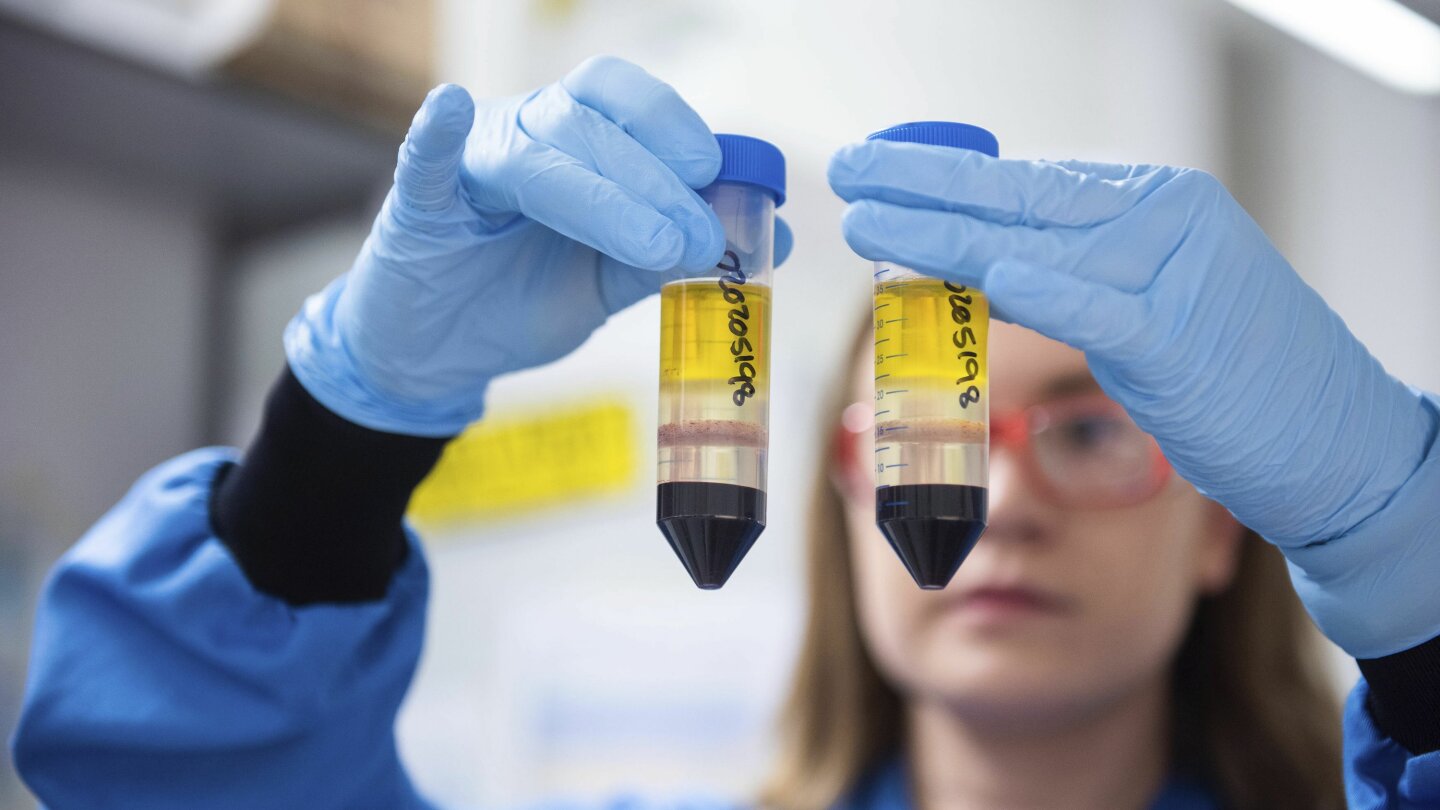
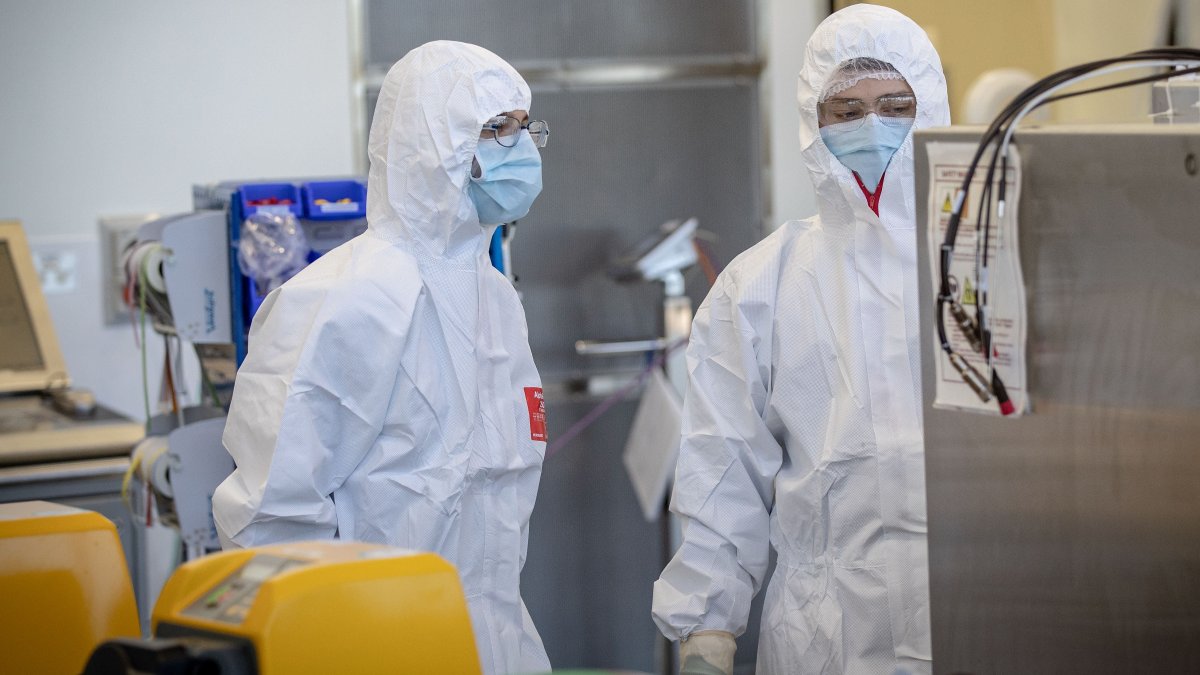
 www.nbcdfw.com
www.nbcdfw.com

Let everyone with compromised immune systems and pre existing conditions take the vaccine.
The rest of the population should absolutely not be required to take it for any reason whatsoever.
If it ever becomes mandatory for travel, that's when you'll know there's something rotten behind this plan.
Just ask yourself why did they have to rush a vaccine in record time for a disease that has literally a 98% survival rate. Rushing in with billions and billions and working overtime only to save 2% of the ill? Nah. I don't buy that.
wow dramatic change in the "wind" direction.Here is the DR's choice for vaccine:
About $2.50 US per dose, first with a half dose and then a full dose 1 months later with about 90% efficacy in tests. It does not suffer from the super cold storage requirements of the Pfizer and Moderna vaccines. Available early next year, they say.

3rd major COVID-19 vaccine shown to be effective and cheaper
LONDON (AP) — Drugmaker AstraZeneca said Monday that late-stage trials showed its COVID-19 vaccine is highly effective, buoying the prospects of a relatively cheap, easy-to-store product that may become the vaccine of choice for the developing world.apnews.com
All will be good before we know it...........................................
Apparently I owe you an apology.Just to clarify a bit of misinformation posted here (seems to be a lot of that lately):
I do not, and did not, have Covid-19;
I will not take the current vaccines without more scientific clinical trial data.
That scientific data much like the origin of the virus, and whether it could or could not be transmitted human to human...........has been at the very least conflicting, and in some cases...............outright wrong.
Speaking of which, this mornings data on the Astrazeneca vaccine, for those who choose to read it carefully.............did not say 90% efficacy.................it said UP to 90%.............and when averaged with the other study at 62%.............gives a 70% result;

Oxford-AstraZeneca COVID Vaccine Is 70% Effective on Average in Preventing the Virus
AstraZeneca on Monday said an interim analysis of clinical trials showed its coronavirus vaccine has an average efficacy of 70% in protecting against the virus.www.nbcdfw.com
Not that 70%, may not be a good number.........................
But are any of the numbers even remotely accurate as wider distribution takes place?
Respectfully,
Playacaribe2
I am unaware of any vaccine offered for public use ever that had any significant side effects.How to deal with ‘vaccine hesitancy’
There’s scepticism about vaccines’ safety, despite rigorous testing, so how can you feel able to make a fully informed choice?
Vaccines have been with us since 1798, after Edward Jenner inoculated a 13-year-old boy with cowpox virus (or vaccinia – hence the origin of the word vaccine), then found the child was immune to smallpox.
Today, vaccines protect us from contracting a wide range of diseases, from flu to cancer. In fact, the practice is so effective that Eve Dube, at the University of Sherbrooke in Canada, concluded vaccination “is considered to be one of the greatest achievements of public health” – and few would disagree.
But no medical intervention is without risk, and alongside the growing number of vaccines is increasing scepticism about their safety. This is despite the fact that new vaccines are subjected to much more rigorous testing than ever before. Scientists aren’t sure of the reasons for the rise in what they refer to as ‘vaccine hesitancy’, although Dube and colleagues, in their review of the literature, suggest four possibilities: newer vaccines are treated initially with greater scepticism; individuals are more hesitant to be vaccinated when the number of vaccines they’re encouraged to accept increases; parents are more conservative when the target population includes their own children; and people are more likely to hesitate if those in their own community are sceptical.
Another reason is data overload, particularly information based on emotion rather than facts. Although the science tells us that vaccines are being tested more than ever before, and the internet means we can easily access all the information we need, the latter can also mean that we are bombarded with misinformation too. Unfortunately, when you weigh up the risks of being vaccinated versus not, believing in unsubstantiated claims from anti-vaxxers could literally pose a risk to life.
So what, then, can those promoting vaccine uptake do to help individuals feel able to make a wise and fully informed choice? Heidi Larson, founder of the Vaccine Confidence Project, offers three suggestions:
- First, scientists and politicians need to ask people directly about their concerns. For example, take-up for the Ebola vaccine in Africa increased after she arranged for local people to meet weekly with trial doctors who responded to their concerns.
- Second, avoid jargon and instead use clear, simple, unambiguous language.
- And third, present both sides of the argument. Explain the risks – with statistics if possible – as well as the benefits of taking the vaccine.
However, you may not feel this is happening. If that’s the case, and you want to learn more, what can you do? The best approach is to talk directly to a professional you trust: your GP, for example, or health visitor. If that’s not possible then seek out reputable sources, those that rely on well-conducted scientific studies rather than personal opinions. The NHS, Harvard Medical School and Centres for Disease Control and Prevention websites are good places to look.
I am unaware of any vaccine offered for public use ever that had any significant side effects.
Appreciate a correction if I am in error.

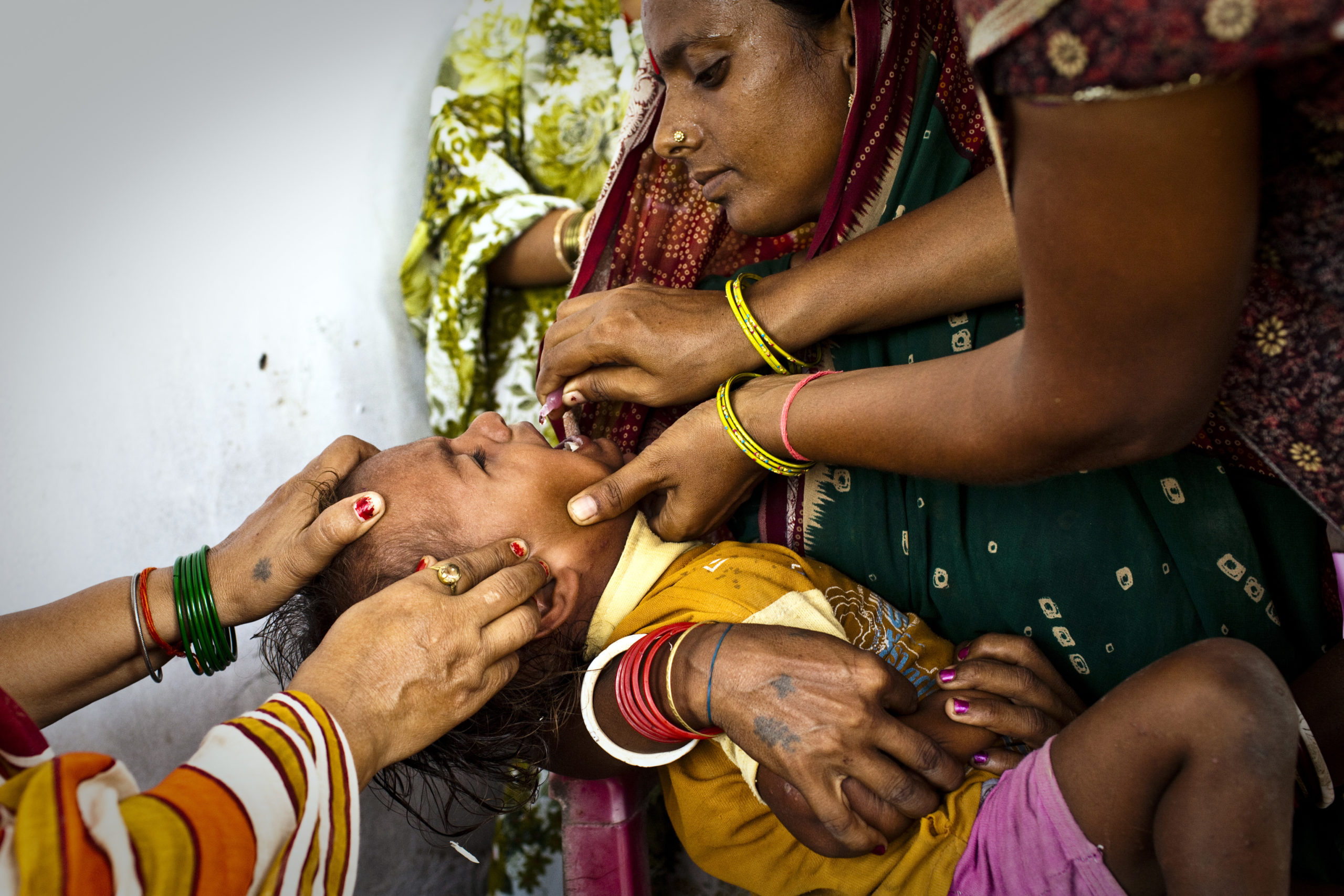
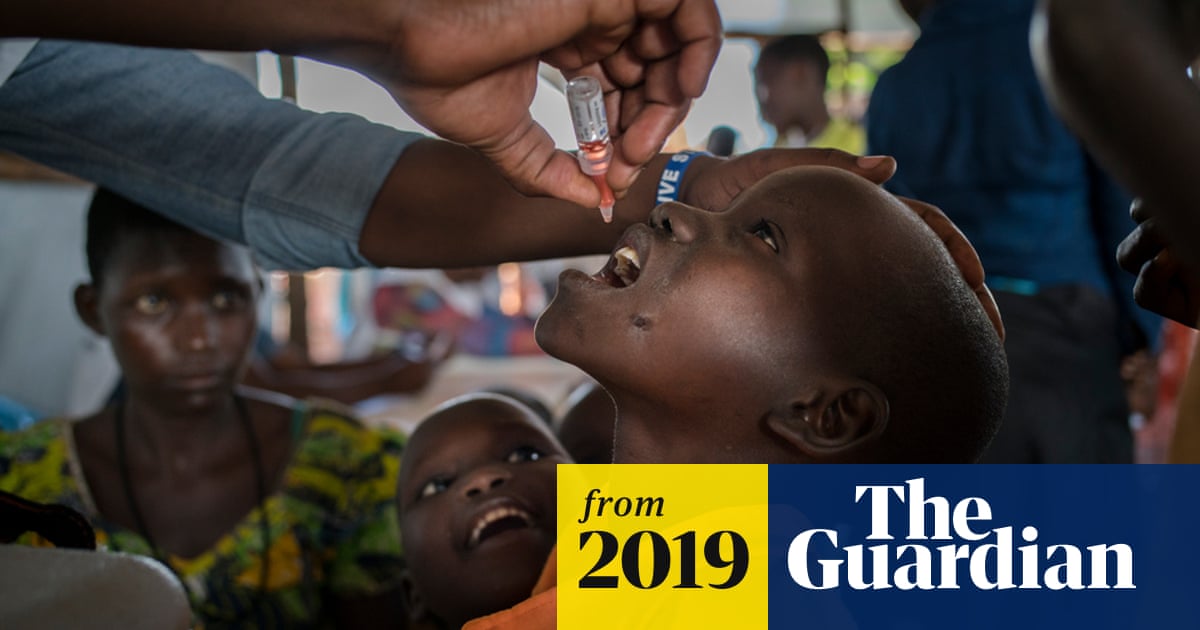
I am unaware of any vaccine offered for public use ever that had any significant side effects.
Appreciate a correction if I am in error.
Healthy skepticism is fine but just thinking nonsense is not healthy skepticism.
Quantas Airlines has a solution for "vaccine hesitancy".
They announced this morning that in order to fly Quantas you will be required to show proof of CV19 vaccination.
Program set to begin as the vaccines become distributed.
This is such a common sense approach that I imagine it will become a popular treatment for vaccine hesitancy.
The yearly influenza vaccine has been around for years.
There has never been a single side effect associated with the vaccine or doubt of its efficacy yet only about 45% get the shot.
Makes no sense.
AstraZeneca shares fell after the drugmaker announced efficacy results for its Covid-19 vaccine that were below those reported by rivals Pfizer/BioNTech and Moderna. The shares ended the day 3.8% lower at £80.wow dramatic change in the "wind" direction.
Originally AZ came out at 70% then claimed by juggling the shots it gets 90%.
Hopefully it is correct at 90.
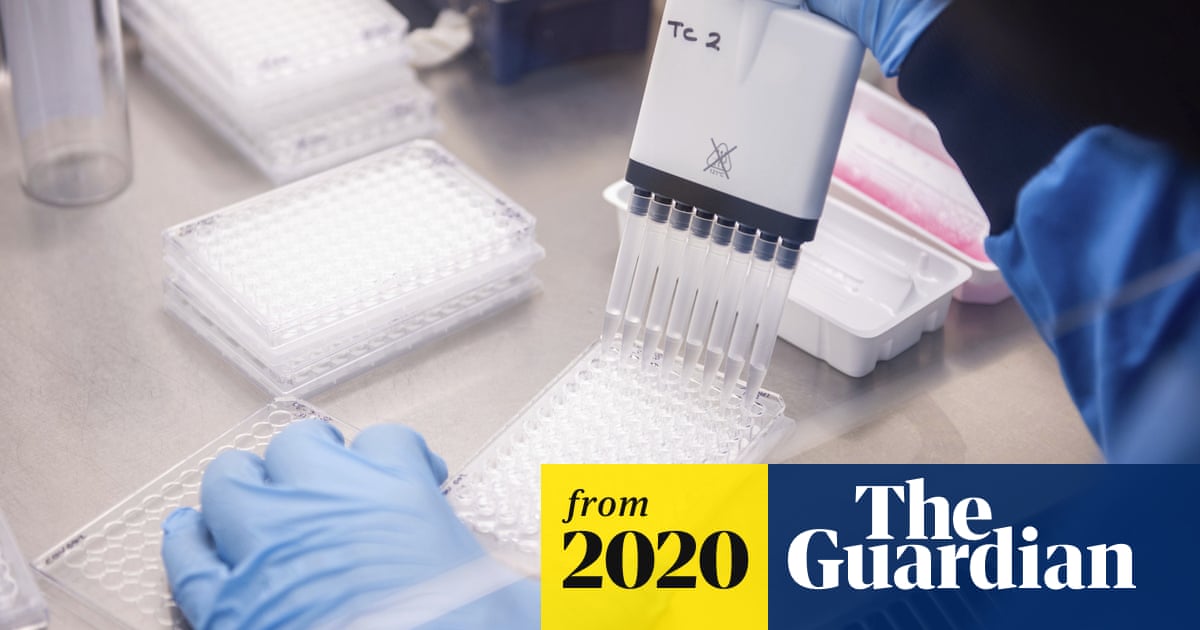

And there's the big problem. The vaccine has been eagerly awaited by most people, and now it is becoming available people are going out of their way to negate its effects.Also this travel requirement will only create a black market where people will pay someone to get a fake covid vaccine certificate. Especially in developing countries where you can easily bribe a doctor to write you said fake certificate.
Thats actually what I intend to do.
You want the vax? Get it. No one wants to stand in your way.And there's the big problem. The vaccine has been eagerly awaited by most people, and now it is becoming available people are going out of their way to negate its effects.
Boy are you even doing any research ?I am unaware of any vaccine offered for public use ever that had any significant side effects.
Appreciate a correction if I am in error.
Healthy skepticism is fine but just thinking nonsense is not healthy skepticism.
Quantas Airlines has a solution for "vaccine hesitancy".
They announced this morning that in order to fly Quantas you will be required to show proof of CV19 vaccination.
Program set to begin as the vaccines become distributed.
This is such a common sense approach that I imagine it will become a popular treatment for vaccine hesitancy.
The yearly influenza vaccine has been around for years.
There has never been a single side effect associated with the vaccine or doubt of its efficacy yet only about 45% get the shot.
Makes no sense.

